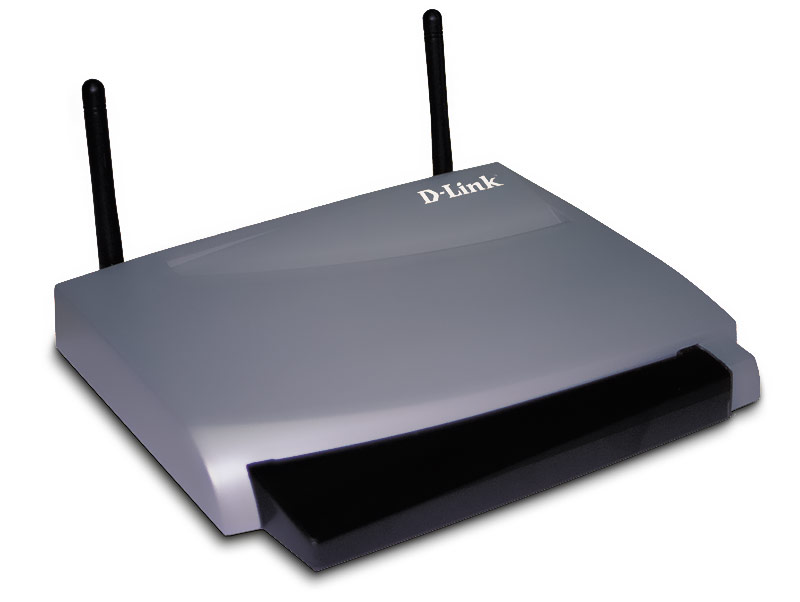Description
The D-Link DI-711 Wireless Router & Access Point is the easiest and most secure way to share your high-speed DSL/Cable Internet connection over a Wireless LAN (WLAN). This D-Link router allows you to share a single Internet Connection while providing the safety and security of port blocking, packet filtering, and a natural firewall . A built in 802.11b compliant Access Point will boost the signal to increase the range and speed of your WLAN. The DI-711’s integrated 10/100 Port allows devices that require hard wiring to be connected without the need for extra equipment.
Delivering two levels of protection, the DI-711 allows users to block and redirect ports as well as mask local IP Addresses on the Internet. The masking of local users’ IP Addresses from others on the Internet makes targeting a specific machine on the network much more difficult. It blocks and redirects specific ports to limit the servers that outside users can access, while providing the freedom to open specific ports in order to ensure that specific Internet applications and games will run properly.
D-Link’s DI-711’s integrated IEEE 802.11b compliant Access Point creates an infrastructure for the network and extends the reach of the network communications capabilities. The access point will
communicate with other access points on the network to provide seamless roaming from one cell to another. Strict adherence to the most advanced IEEE networking standard for wireless connections m a kes the DI-711 completely interoperable with multi-vendor environments that also meet standards compliance for IEEE 802.11b.
For ISP, BSP, DLEC, and Cable Company distribution, the DI-711 can be configured with two levels of administrative control. A broadband provider can set the number of users, and change IP configurations remotely. Effectively it creates a separation between the provider’s and user’s networks to localize the effects of any local user’s network settings and give the added benefit of NAT support to simplify the assignment and number of IP addresses on the provider’s network. Remote configuration serves as a platform to increase the effectiveness of a provider’s customer support, enabling fast and powerful remote diagnosis. Through the use of a single IP address, the user will additionally benefit from a single subnet, ensuring that as additional computers are provided with Internet access, they will still be able to network via TCP/IP locally, without needing any additional local ga t eways or routers.

